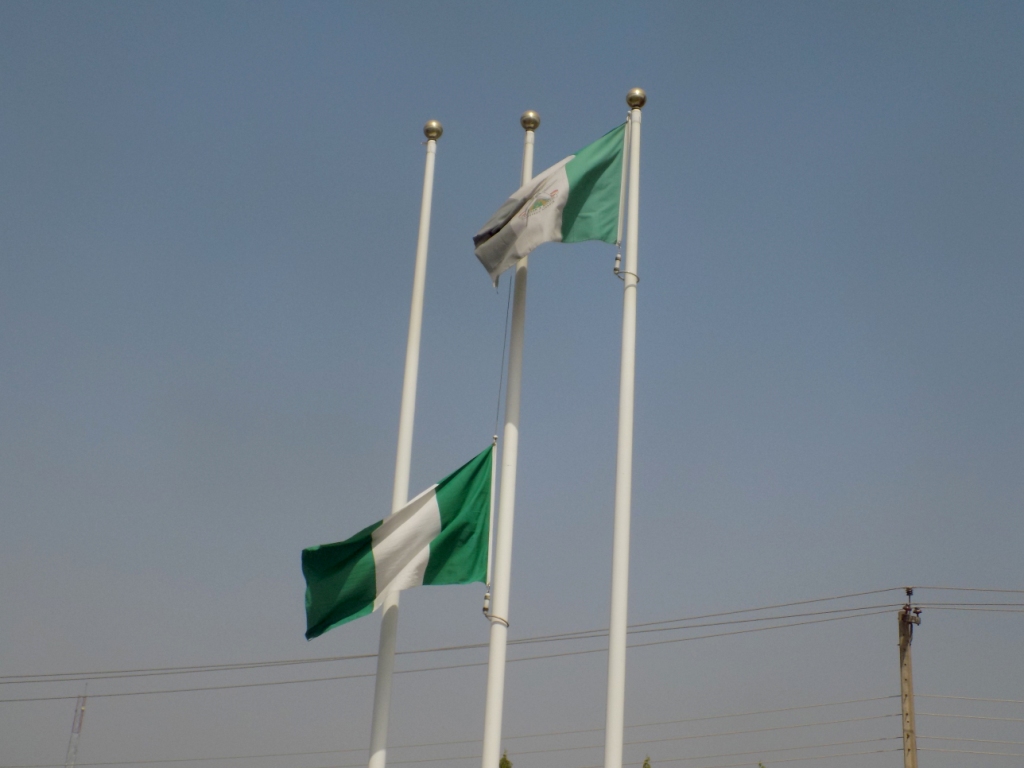It is 62 years since Nigeria was set free from the shackles of colonialism by the British government and became a sovereign state.
In the past six decades, the Giant of Africa has journeyed through several highs and lows that define its rich history steeped in culture and governance.
From Nigeria’s first republic, the collapse of a nascent democracy and the civil war to the military interregnum and final return to a civilian government, the most populous African nation has witnessed a slew of historic events. Daily Trust highlights eight of such landmarks in the history of Nigeria.
Parliamentary system

Upon gaining independence in 1960, Nigeria adopted parliamentary system of government where the Prime Minister, Sir Tafawa Balewa was the head of government, while Nnamdi Azikiwe was the Governor General.
This system continued in Nigeria’s first republic in 1963. Balewa emerged the Prime Minister again in 1964. Azikiwe became the first elected president and head of state who performed ceremonial functions. Nigeria operated the parliamentary system until the coup d’etat of January 1966 which ushered in a military regime.
Civil War

On May 30, 1967, Chukwuemeka Odumegwu Ojukwu, declared the secession of the Eastern region and named it the Republic of Biafra — a move the federal government saw as an act of rebellion. Fight broke out and escalated into a full-scale civil war.
In August, Biafran troops crossed the Niger, seized Benin City, and were well on their way to Lagos before they were stopped at Ore, a small town in Western state now known as Ondo State. The civil war ended in January in 1970.
Introduction of NYSC

As part of the reconstruction, rehabilitation, reconciliation efforts by the General Yakubu Gowon regime, the National Youth Service Corp was introduced in May 1973 to foster national unity and cohesion. University graduates, later joined by graduates from polytechnics, are posted to different parts of the country other than their places of birth.
Second Republic

The military handed over power to a new civilian government under President Shehu Shagari on October 1, 1979. Nigeria’s Second Republic was born amid great expectations as this period marked the oil boom in the country. Oil prices were high and revenues were on the increase.
Return to military rule

Shortly after he was re-elected as president, Shagari administration was toppled by the military coup which brought in General Muhammadu Buhari in December 1983 as the head of state. Buhari justified the coup on the declining economy and corruption.
The regime declared a “War Against Indiscipline” (WAI), which resulted in the arrest, detention, and jailing of a number of politicians.
Relocation of federal capital to Abuja

The seat of power was moved from Lagos to Abuja in December 1990 by the regime of General Ibrahim Badamasi Babangida. This was sequel to the promulgatation of Decree No. 6 on February 4, 1976, which initiated the removal of the Federal Capital from Lagos to Abuja.
Annulment of June 12 election

In June 1993, Nigeria was set for a third Republic after a national election won by the late Moshood Kashimawo Olawale (MKO) Abiola. The election was, however, annulled by Babangida, who, in a recent interview with Arise TV, said another coup d’etat would have erupted without his action.
“If it materialised, there would’ve been a coup d’etat — which could have been violent. That’s all I can confirm.
“It didn’t happen thanks to the engineering and the ‘maradonic’ way we handled you guys in the society. But that could’ve given room for more instability in the country,” he said.
Return to civil rule

Nigeria returned to democracy in 1999 after 16 years of military dictatorship. Since then till the moment, the country has produced four presidents, including two former military rulers — Chief Olusegun Obasanjo and incumbent President Muhammadu Buhari. In-between the duo were former presidents, Dr Goodluck Jonathan and late Umar Musa Yar’Adua.
Now in the 9th Republic, Nigeria has gone through turbulent moments and is currently on the fringes occasioned by worsening economy, insecurity and threats to the national unity. As the nation heads into another election next year, Nigerians are confronted with the task of choosing leaders who will take bold steps to resolve these issues and consolidate on the gains of the country’s independence which clocks up 62 today.

 Join Daily Trust WhatsApp Community For Quick Access To News and Happenings Around You.
Join Daily Trust WhatsApp Community For Quick Access To News and Happenings Around You.


